For the start of production of the new Sprinter, Mercedes-Benz Vans brings new connected series-production technologies online. Due to those technologies the variety of variants will increase, the production will be more flexible and more efficient and the employees benefit from the increasing digitisation in production. Between 2017 and 2025, Mercedes-Benz Vans will invest more than 200 million euros in the expansion of intelligent production.
,xPosition=0,yPosition=0.5)
Intelligent production for the new Sprinter
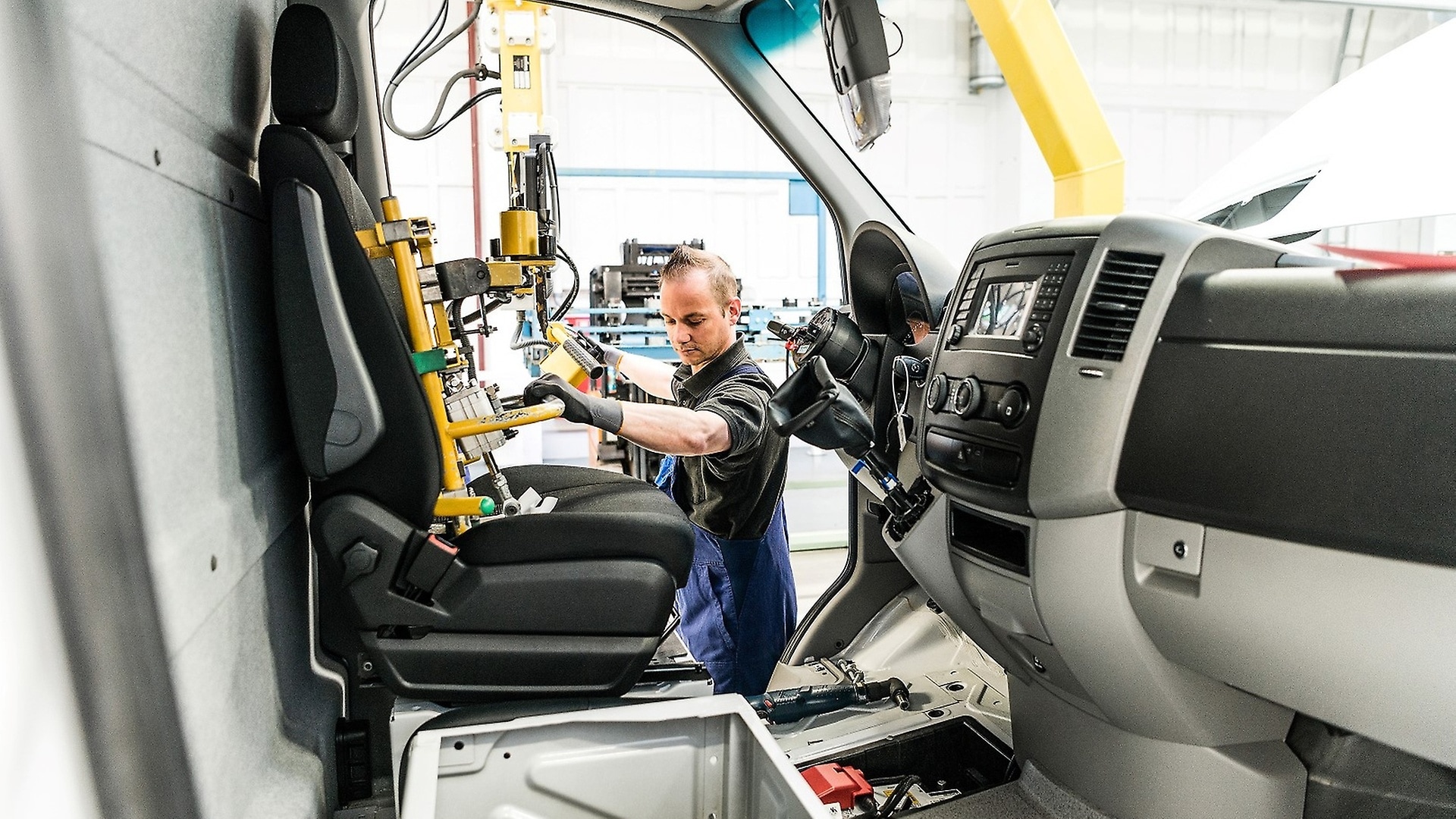
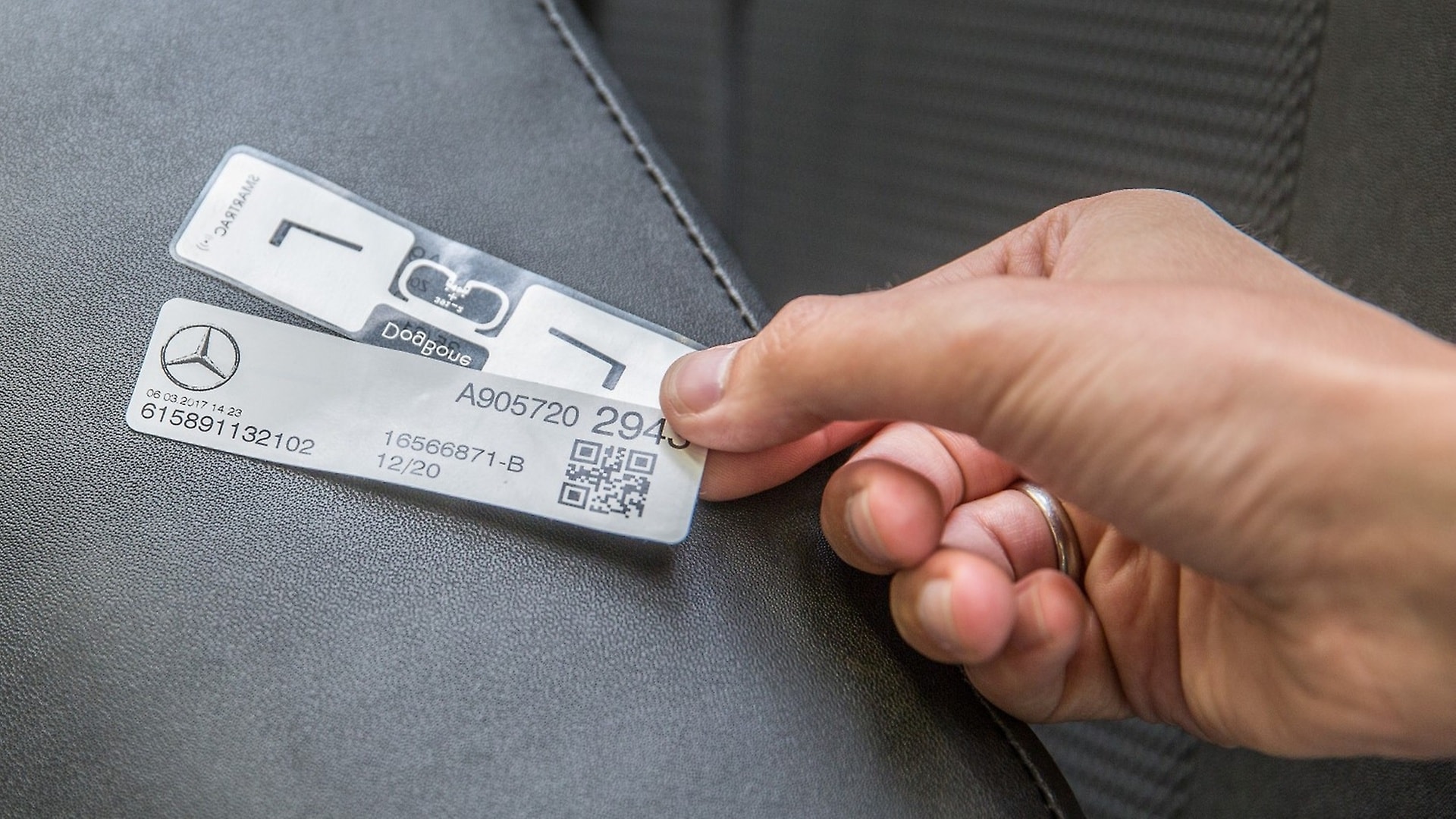

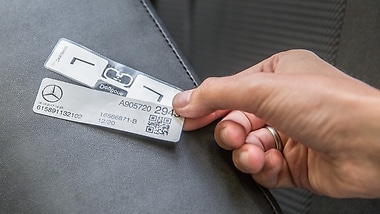
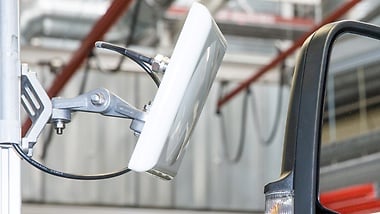
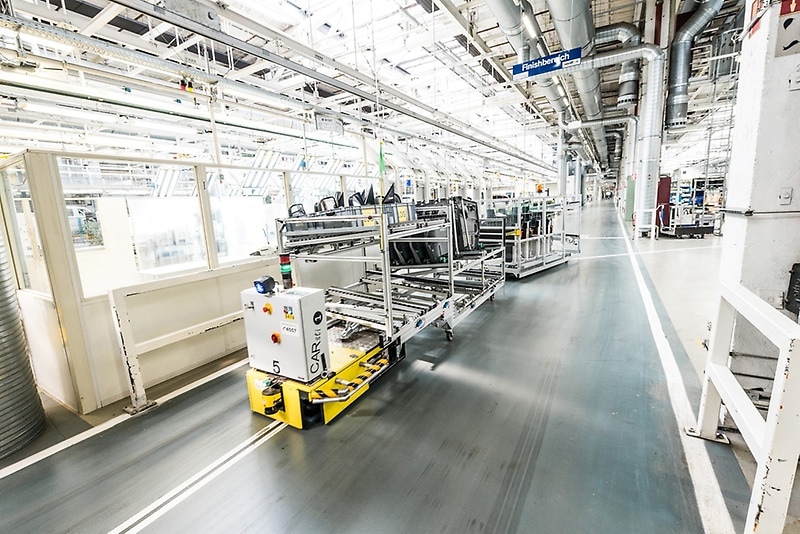
,xPosition=0.5,yPosition=0)